I didn’t get as much read as I wanted to this year. But arguably I never do.
In no particular order, here are my top picks for what I read over the last twelve months.
Noir
Christopher Moore
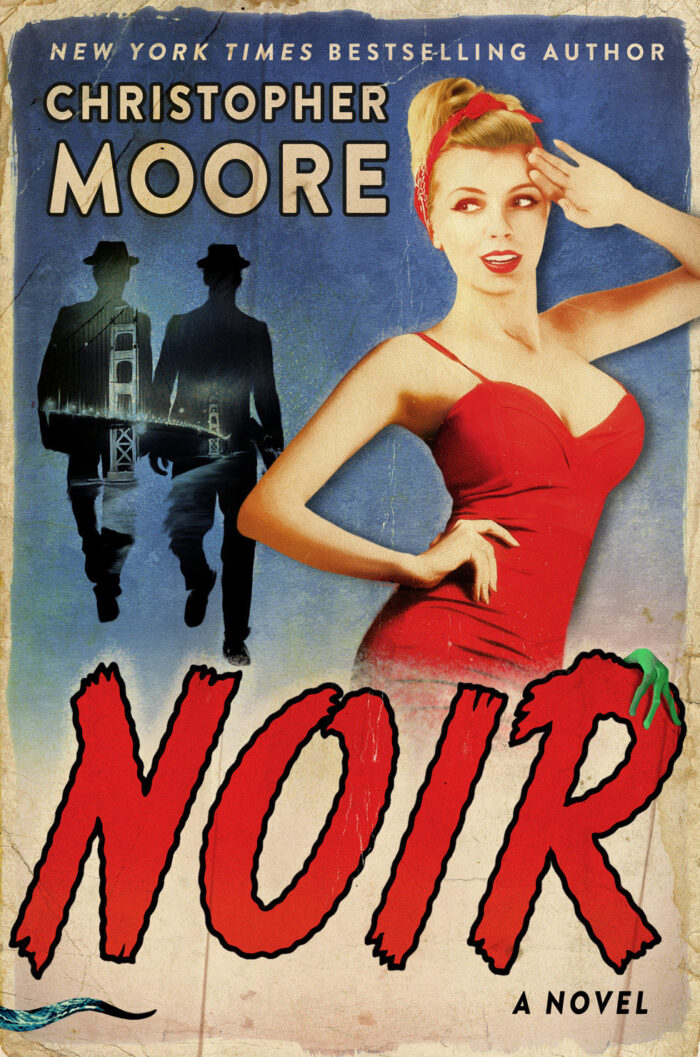
A comedic noir setting involving government agents, an alien crash landing, and a knockout dame named Stilton (like the cheese)? Right up my alley.
Triggers
Robert J. Sawyer
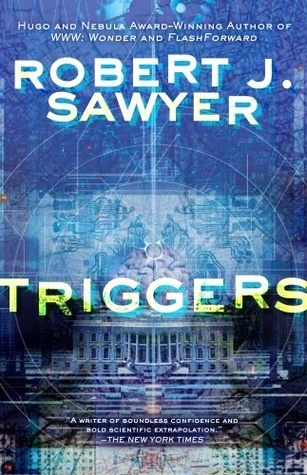
This was my first Sawyer book, and I can already see why people are such fans of his. In Triggers, experimental memory-altering technology used to ease the PTSD of war vets has unexpected fallout when the magnetic pulse of a terrorist bomb pushes nearby peoples’ memories into the minds of other unwitting people, including the memories of the U.S. President. Someone who was in the immediate vicinity has the highly classified knowledge that only the president should know, including details of the imminent planned attack on countries these recent terrorists have come from. And the recipient won’t even know they have those memories until something triggers their awareness of it.
One of the more engagingly page-turning books that I’ve read in a while.
The Girl Who Could Move Sh*t With Her Mind
Jackson Ford
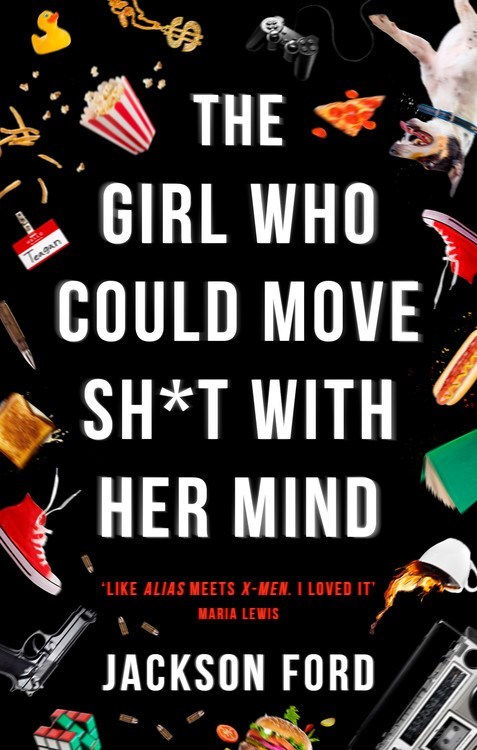
I mean, there’s no real burying the lede here, is there? The title kind of says it all.
The story is about Teagan Frost, the chosen name of a young woman who’s (as far as she knows) the only one on the planet with telekinesis. She works for a covert agency that accomplishes goals set out by the agency founder, ostensibly for the greater good, but that starts to come into some question.
Then people start showing up dead, killed in a way that only someone with telekinesis could manage, and the Teagan’s team, already rife with internal stress and conflict, is divided on whether or not Teagan did the acts, while she’s on the run to figure out who actually did them. Because whoever it is has answers about also being telekinetic that Teagan desperately wants to hear to help explain her own mysterious past.
The Books of Magic
Neil Gaiman (writer),
John Bolton,
Scott Hampton,
Charles Vess,
Paul Johnson (Illustrators)
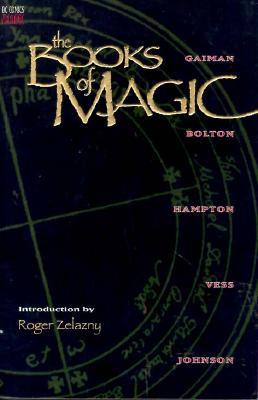
Once upon a time, there was an English boy in glasses who found out that he had the potential to be a great wizard, and got an owl for a pet.
You’d be forgiven for thinking I’m talking about a far better known story about a lad named Harry, but The Books of Magic predates young Potter’s introduction to the world by a good seven years.
This story is about Timothy Hunter, an everyday kid who encounters some of the most powerful magic users of the DC Comics universe to be shown, akin to A Christmas Story, what his life could be like should he make certain choices. Here, whether or not to choose to explore his potential to become a great magic user in his own right. Meanwhile, there’s discussion in the background among the existing magic users about whether or not they’ll even let that potential happen, or snuff out Timothy now, before he can make that choice, in case he uses his magic potential to humanity’s detriment.
While not my favourite example of Gaiman’s comic writing — his Sandman series will probably always hold that place in my heart — this is a solid story that deserves to be read by anyone interested in the genre.
Skyhunter
Marie Lu
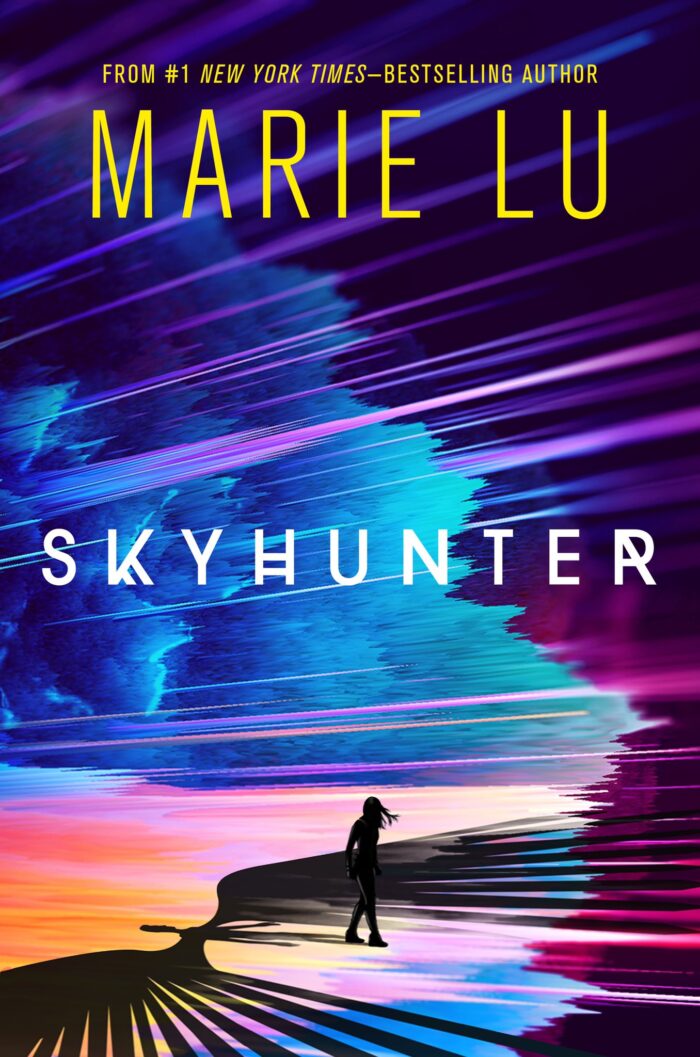
In a new age of Earth where skeletal remains of skyscrapers are just landmarks to the people of our elite warrior class protagonist Talin, a vast and domineering empire seeks to overtake the entire continent. Using advanced science bewildering to Talin and her fellow warriors, they discover the empire converts captured people — and is own kidnapped public — to turn them into what they call Ghosts: Mindless, bloodthirsty creatures barely controlled by the Emperor, that are unleashed in battle.
As Talin and her people defend their country from attack yet again, a stranger walks into their midst and gives himself up to Talin. Highly suspected as being part of a plot by the empire, the man is imprisoned by Talin’s leaders and treated with contempt, soon paired with Talin as a fighting partner as punishment for her being outspoken and stepping out of line.
Initially crushed by the weight of the embarrassment, Talin finds that the prisoner can not only fight, but fight well. He’s a good, ethical person, not without surprising and growing personal appeal, who escaped the empire before they could complete their conversion of him into their new breed of engineered weapon, the likes of which the world has never seen before.
He and Talin have an unbreakable connection as part of his bioengineering, and he has put himself in mortal danger, fighting to the death to defend her country against the empire. But how far is she willing to go to protect him and her own family?
Children of the Fox
Kevin Sands
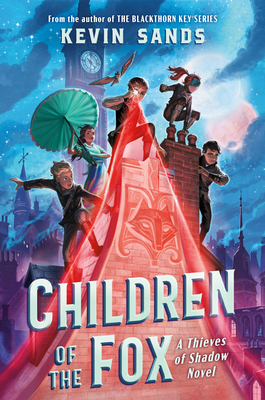
In a magical version of turn-of-the-century London, a group street kids with their own specialties in grifting, theft, and stealth are brought together by a man with no shortage of money who is willing to pay a small fortune for them to steal a magical item that even adults have been unable to obtain. Infighting among them only strains their chances of success, pushing each to the limits of their tolerance.
But when protagonist Callan discovers what the item actually is and can do, and what it means about their benefactor, will he still go through with it?
Children of the Fox nearly bumped me a couple of times with, “Wait, what?”-type moments (last year I mentioned a few things that are enough to make me walk away from a book), but it held together long enough to still rank among the best I’ve read this year.
Let the Monster Out
Chad Lucas
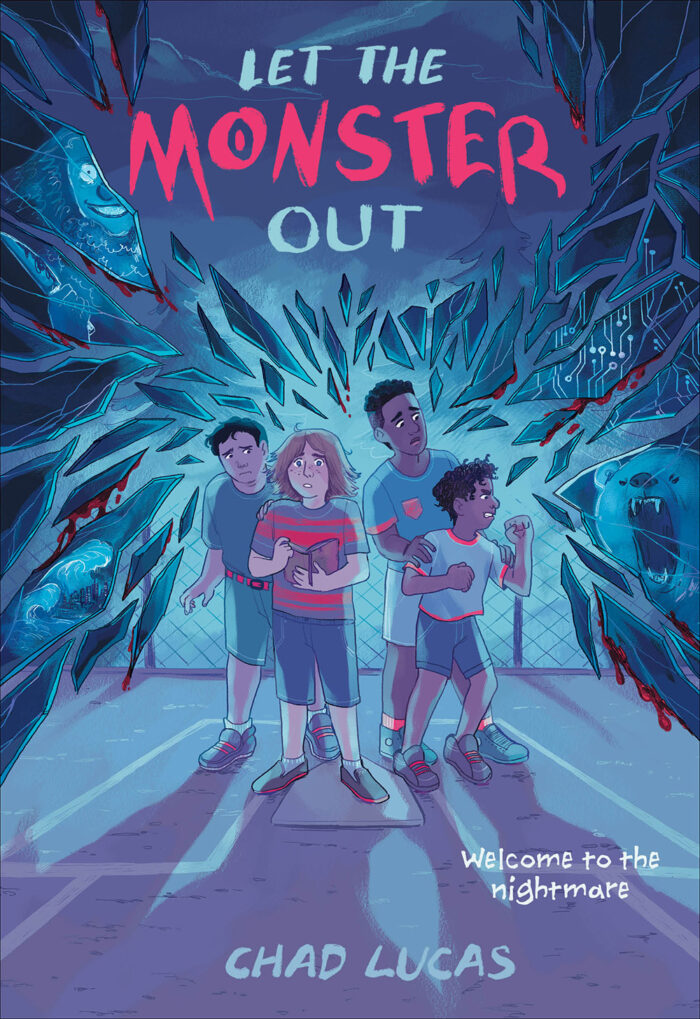
Despite the subject matter, a fun story about a group of school kids who (at times reluctantly) band together to hold truth to power as they get to the bottom of what’s happening in their small town that’s causing adults to space out and is giving kids nightmares.
Extra points for the exquisitely deft work of author Chad Lucas in handling the spectrum nature of one of the friends, who processes the world around him differently but proves invaluable to help solve the mystery, sticking around despite overwhelming conditions, and always being a good friend to protagonist Bones Malone.
Calculating God
Robert J. Sawyer

Stop me if you’ve heard this one before:
An alien lands outside the Royal Ontario Museum in Toronto, exits the spaceship, and says, “Take me to a paleontologist.”
So begins the story of an alien scientist wishing to meet an Earth scientist to further its studies into a parallel series of cataclysms that both worlds have encountered over the ages, which the alien contends prove that God exists. The paleontologist, an admitted atheist battling cancer, finds himself torn between the science he has always believed in, and how that same science seems to point to the existence of a higher power.
The book got a bit unexpectedly mystical toward the end, but it was another book I ate through shortly after reading Triggers (see above). I’m really looking forward to reading more of Sawyer’s work.
Why We Get Sick
Benjamin Bikman, PhD
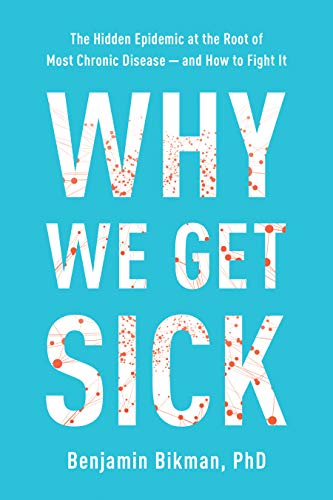
It turns out that there’s more than a little evidence that afflictions on the rise around the world, among them cancer, Alzheimer’s, heart disease, diabetes, hypertension, weight gain, infertility, and dementia, all have a common link: insulin resistance.
What that is, why it’s on the rise, deep detail on how it causes the problems it does, and what to do about it to reverse insulin resistance and get ourselves back on a healthier track to help avoid hugely problematic health crises for ourselves and the world, are all included in this eye-opening book that everyone should read. I borrowed this book from the library but will be buying it to have it on hand for quick references, including to food and lifestyle recommendations.
I dearly love the escapism of fiction, but this book matters in a profound way. If you read only one book from this year’s top 10 list, make it this one.
Firewalls Don’t Stop Dragons: A step-by-step guide to computer security and privacy for non-techies, Fifth Ed.
Carey Parker
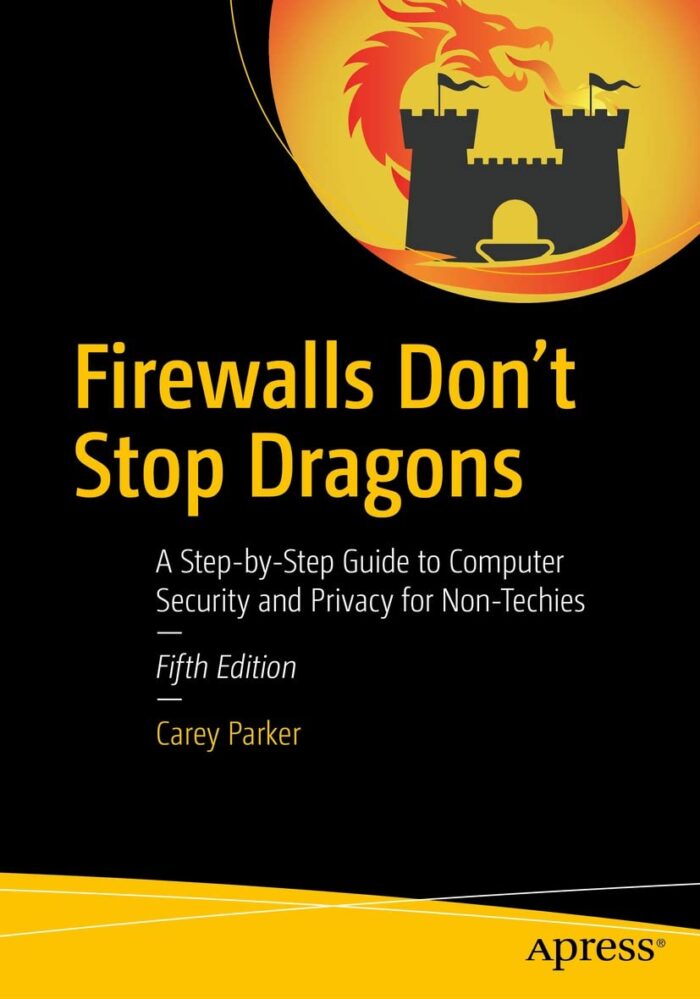
In a world that’s going evermore digital, Carey Parker is someone we should increasingly be listening to. He takes big, current digital issues — database hacks, massive digital surveillance by governments and tech giants, infringements on digital privacy and security, etc. — and boils them down to their core issues of what’s happened, what’s a stake, and what we and governments should be (in too few cases, are) doing about it.
There’s zero tinfoil hat conspiracy nonsense here. These are real-world issues, reported on by recognized journalism sources, and are being addressed (or should be) at municipal, state and federal levels around the world.
On his podcast, Carey alternates between current news items and interviews with lawyers, politicians, data privacy and security pundits, and heads of organizations like the Electronics Frontier Foundation defending civil rights, to get their unique takes and insight into the ever-shifting world of what’s happening with all the data that every person with a computer or smartphone is creating more and more of, many times every second of every day, just by nature of being connected online.
Carey has released now five editions of this book, which pares down these bigger issues into easy-to-grasp concepts, and guides you in step-by-step in quick chapters how to take practical measures on your computers and phones to keep as much of your data as possible in your own control and out of the hands of both legal and illegal profiteers, and away from domestic and international governments.
I’m already well into a book I suspect will be among my top 10 list next year. But who knows, depending on what else may crop up?
May your new year bring abundant reading joy.